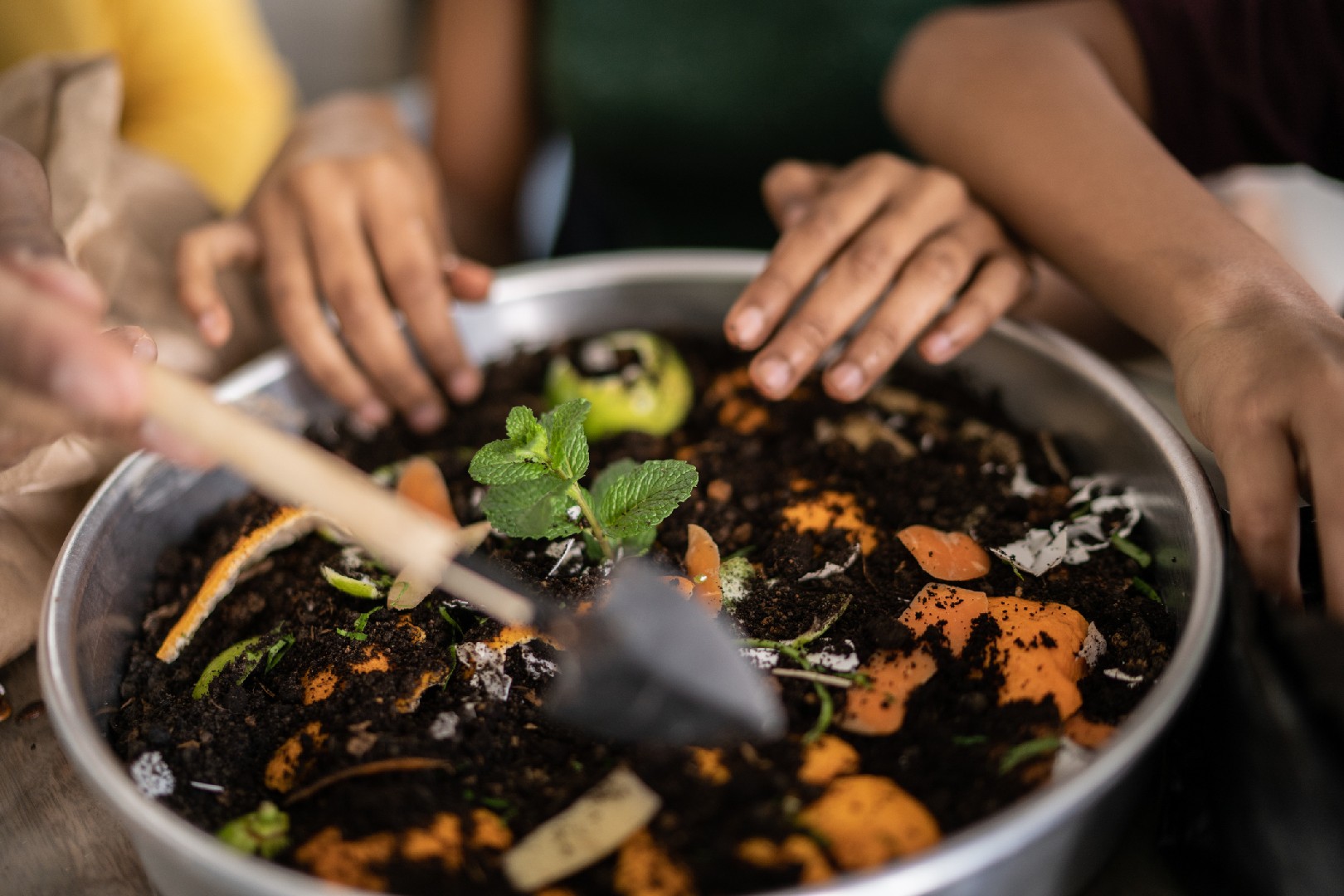![Rectangle]()
Understanding the Basics of Composting
Composting is not only an effective way to reduce waste, but it also has significant ecological benefits. Understanding the basics of composting is the first step towards maximizing your green impact in urban gardens.
Composting can be a bit daunting for beginners, but it can be easily done even in small spaces. By following a few simple steps, you can turn your organic waste into nutrient-rich compost that will nourish your plants and reduce the amount of waste going to landfills.
The first thing you need to do is collect organic waste. This can include fruit and vegetable scraps, coffee grounds, tea bags, eggshells, and yard waste like grass clippings and leaves. Remember to avoid adding meat, dairy, or fatty oils into your compost pile as they can attract pests and slow down the decomposition process.
Once you have your organic waste, you will need a container to hold it. There are various options available for composting in small spaces, such as compost bins, compost tumblers, or even homemade bins using wooden pallets. Choose a container that suits your space and needs, ensuring it has good airflow and drainage.
Time is also an essential component of composting. It takes time for the organic materials to decompose and transform into nutrient-rich compost. The duration of the composting process can vary depending on factors like the type of materials used, the size of the compost pile, and environmental conditions. On average, it can take anywhere from a few months to a year for the compost to be ready to use.
To speed up the decomposition process, you can use methods like turning or aerating the compost pile regularly, keeping it moist but not waterlogged, and adding beneficial microorganisms like compost activators. It's also helpful to alternate between green (nitrogen-rich) and brown (carbon-rich) materials to maintain a balanced ratio in your compost pile.
In addition to these basic components, there are a few practical tips that can enhance your composting experience. Chopping or shredding larger organic waste materials can help accelerate decomposition. Covering your compost pile can prevent it from getting too wet during heavy rainfall. And remember, patience is key. It may take some time for you to master the art of composting, but the benefits are well worth the effort.
Composting in urban gardens not only reduces waste and landfill usage but also enriches the soil, promotes plant growth, and improves overall garden health. By understanding the basics of composting and implementing the right techniques, you can maximize your green impact and contribute to a more sustainable future.





